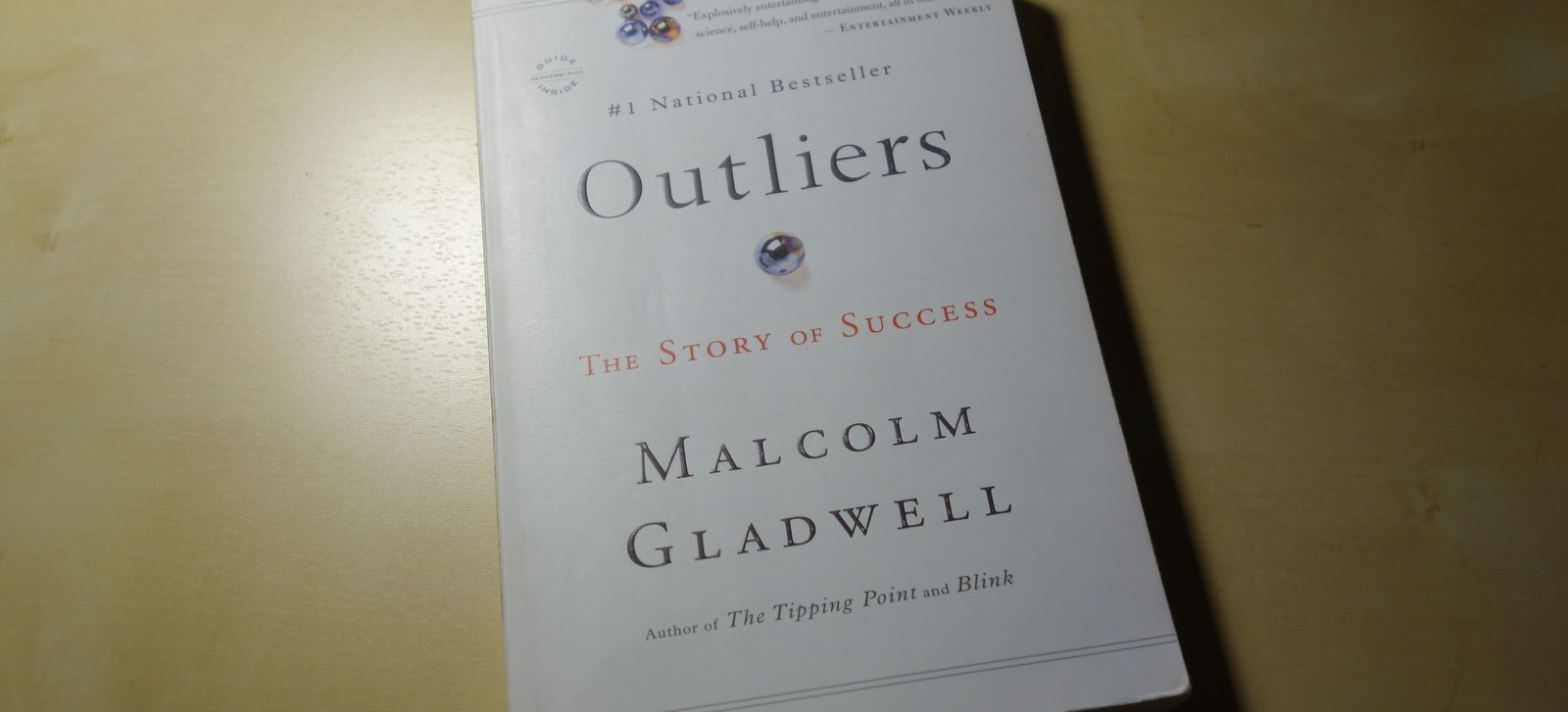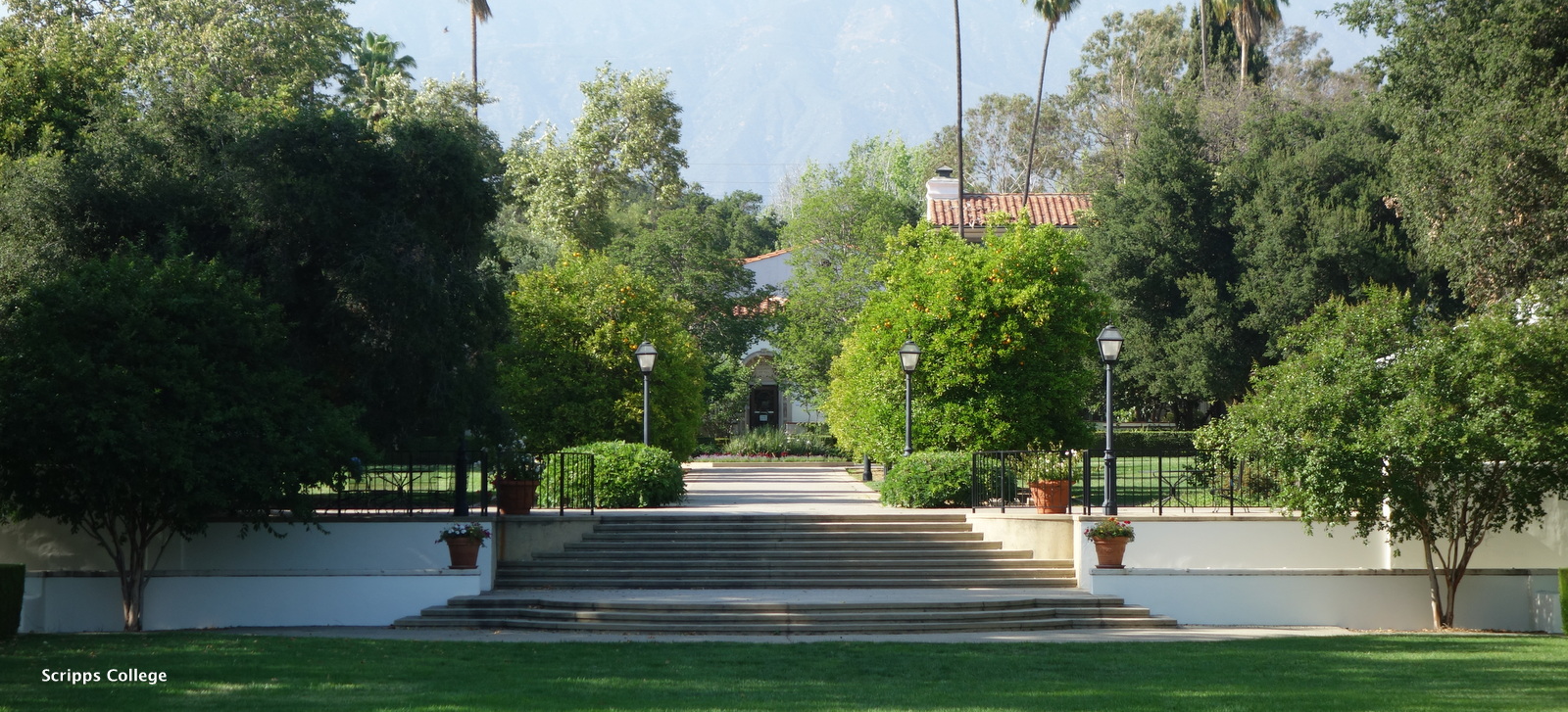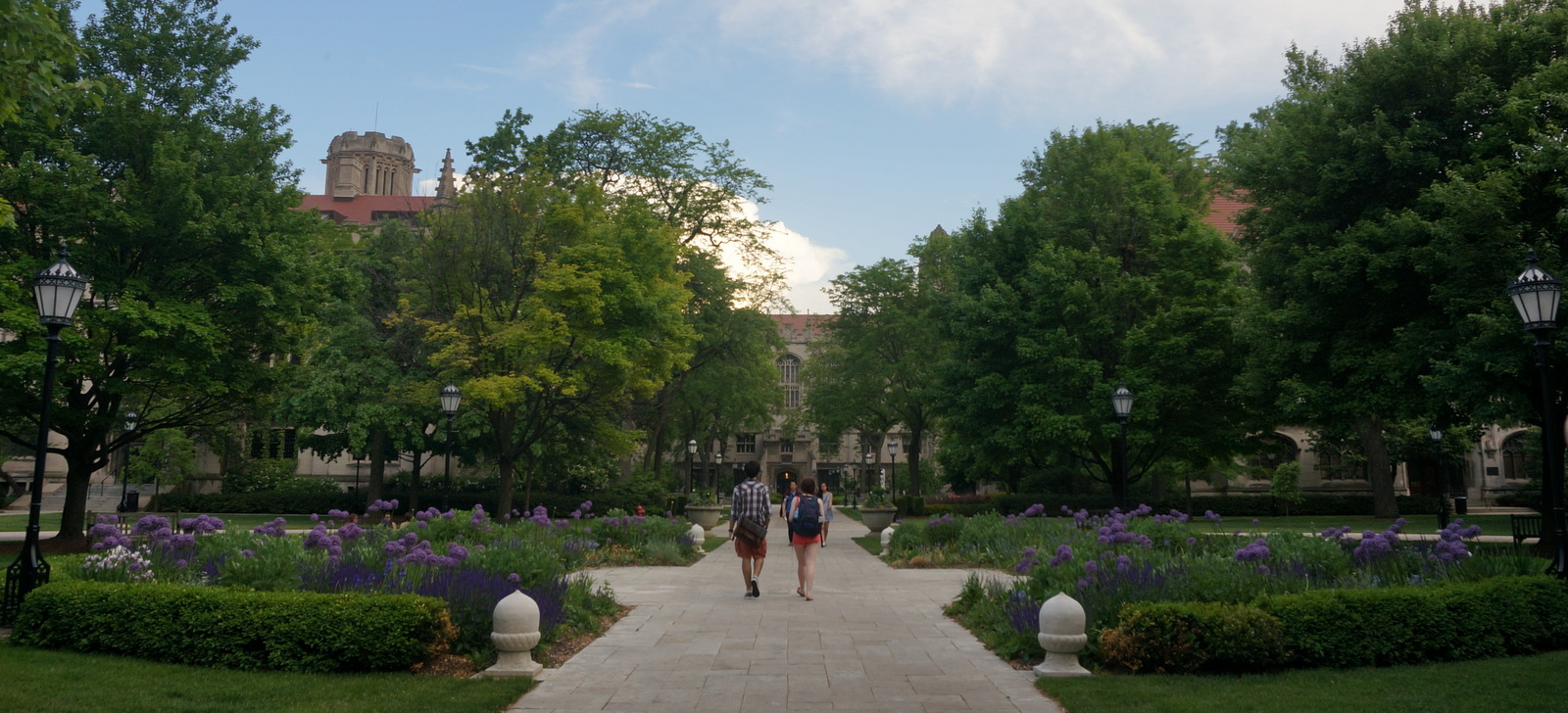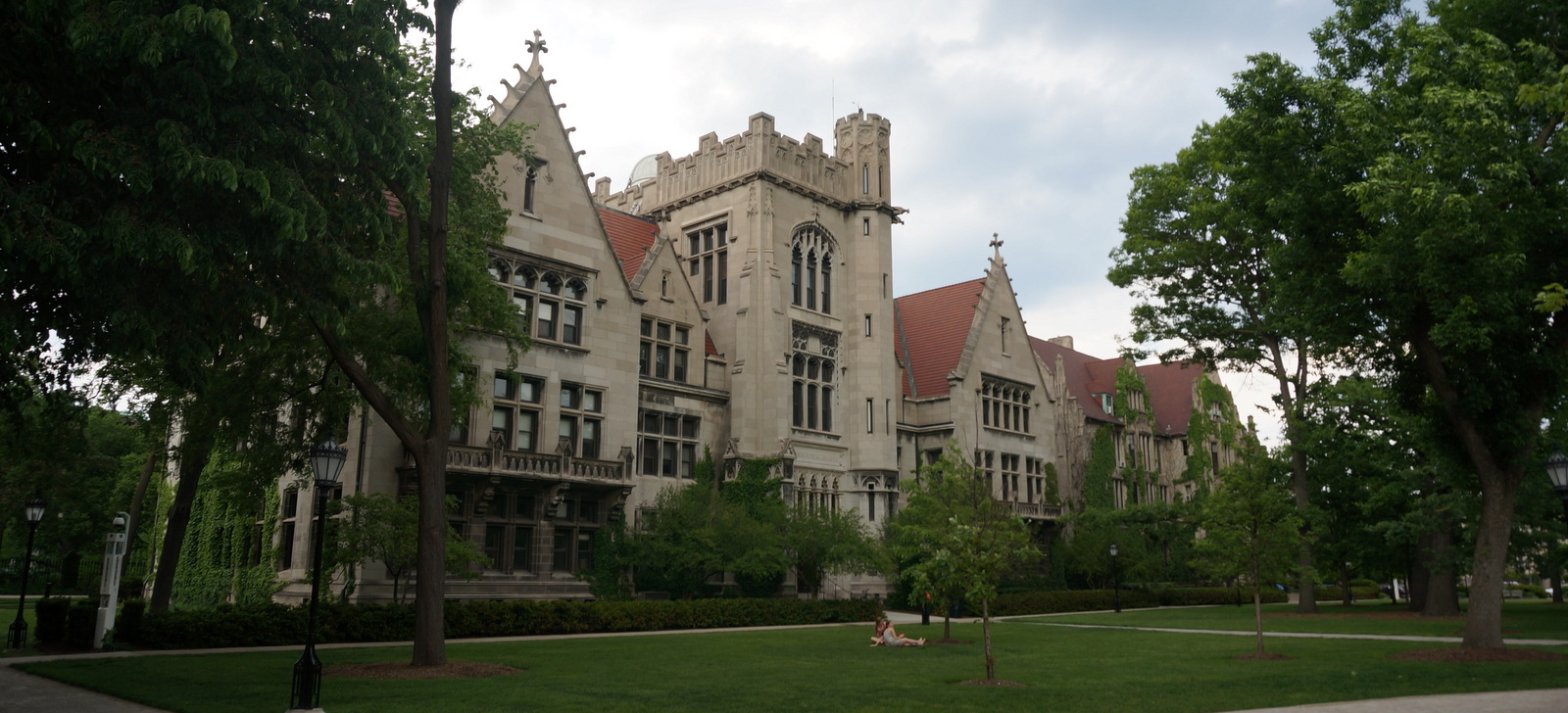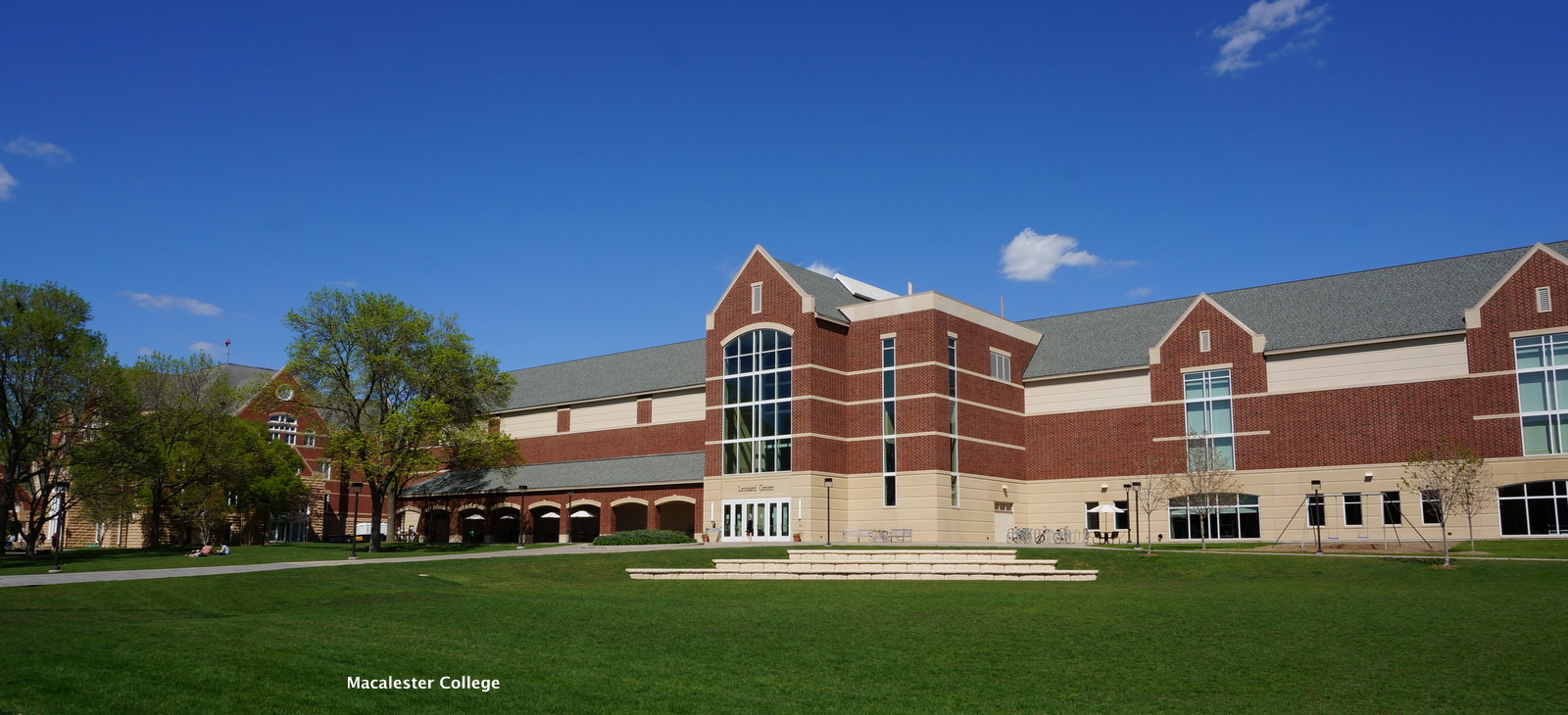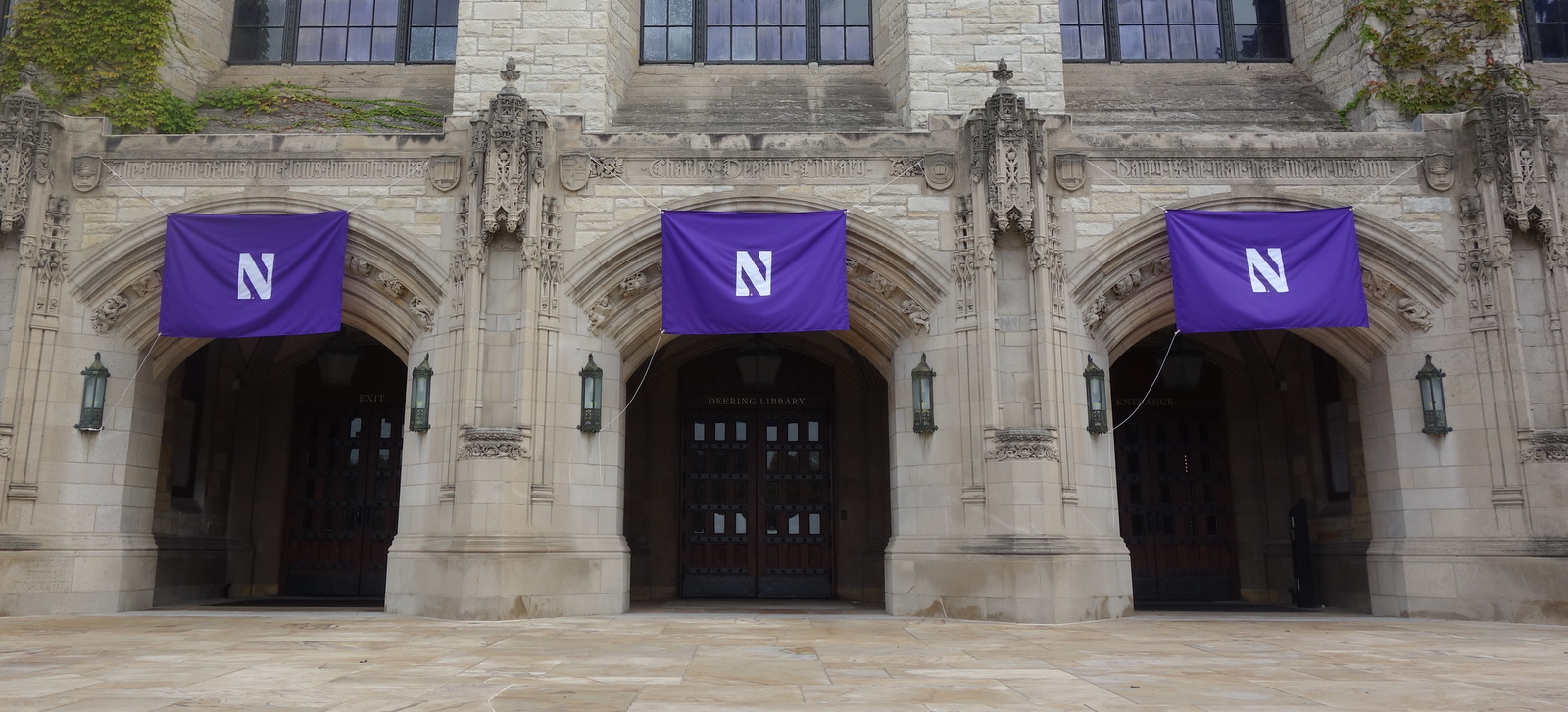Malcolm Gladwell’s Outliers and College Admissions
A few years ago, I taught an English class at UC Berkeley to a collection of (mostly) ambitious high school students from Guangzhou, China. Since these students carried aspirations of studying in the US, my goal for the course was to immerse them in English in an engaging way. We watched and discussed fun pieces that illustrate high school culture like Mean Girls and Easy A while broaching some slightly heavier topics in Good Will Hunting and Remember the Titans. We had to do more than watch movies, though, and the defining reading assignment for them was Malcolm Gladwell’s Outliers.
I’m not going to defend Gladwell’s oft-lambasted research methodologies or argue that Outliers is without flaw. I picked Outliers for two main reasons. First, Gladwell is a great writer. His works are laden with engaging stories that read as easily as YA fiction but simultaneously are so meticulously well organized that his argument effortlessly unfolds before even a beginning reader. Mimicry is one of the best ways to learn, and I would love for my students to mimic Gladwell’s writing style.
The second reason I picked Outliers, though, is that the book is about success. Collecting diverse recipes for success drives my own work, and I like the simplicity and straightforward nature of Gladwell’s equation for success.
SUCCESS = TALENT + HARD WORK + OPPORTUNITY
It’s a simple equation that probably seems quite obvious. What Gladwell does with this equation, though, defies the commonplace narrative on success. He diminishes talent and emphasizes the other two components: hard work and opportunity.
We live in a superhero culture. And it’s cool. I just watched the new Captain America movie, which prompted me to re-watch The Avengers. The NBA playoffs are running, and it seems the media world is rooting for a Heat-Thunders matchup in the finals so we can talk again about LeBron vs. KD.
Here’s a quiz.
Name two people who work at Microsoft.
Name two people who have ever worked at Apple.
It’s so easy to get caught up with the superheroes that we are unaware of the work and brilliance of any of the other 101,913 people who work for Microsoft or any of the 50,250 people who currently work at Apple.
The problem with a superhero culture is that it’s not empowering. By putting an enormously select few on their own esteemed pedestals, we attribute a uniqueness to them that implies that only some singular gift could make a Bill Gates or a Steve Jobs. I know I’m not singularly gifted, so there’s no need for serious ambition. (I should add that anyone who does think they are gifted in a superstar fashion probably is not and probably needs some help.)
The purpose of Outliers is to deconstruct the superhero mythology. Gates and Jobs feature centrally in Gladwell’s argument, where he illustrates that unique opportunity and especially an enormous amount of diligent work – combined, of course, with at least decent talent – is what led to the incredible success of these and many of our other superheroes.
How does this relate to admissions? It’s often thought that only superstars get in to the top schools. That’s true, actually. But Outliers shows that becoming a superstar doesn’t follow some sort of Calvinist theory of predestination. No one is born a superstar. Instead, focused hard work (the famous 10,000 hour rule) creates superstars. The amount of quality practice put into studies, to training for tests, to developing deep interests and skills, this time is what builds application superstars.
I’ve had some students who’ve read Outliers come back disappointed. “So the only way to become successful is to be born in the right month (hockey) or right year (railroad moguls, tech boom)?” While it’s probably true that luck is heavily involved in iconic levels of success, I think Gladwell makes it quite clear that hard work itself is what creates the superstar. I’d even argue (as does Cal Newport in my favorite book on planning for college admission) that hard work creates the opportunities that together lead to incredible success.
I’ve seen this in action. One of my students this year just emailed me to tell me that she’s chosen to attend Duke University over numerous other “elite” options. She was among the 9% of regular decision applicants admitted to Duke this year. In other words, she was not among the 91% of top students in the country who were not admitted. While she has many wonderful qualities, one of her application’s defining features was her work as a research assistant to a university professor. How did she get such a position? She determined that she wanted to pursue advanced work in economics and emailed professor after professor – nearly a hundred – before she finally found a position. Through her deep effort, she created a remarkable opportunity for herself.
Looking back to the equation: SUCCESS = TALENT + HARD WORK + OPPORTUNITY
Hard work creates opportunities. According to Daniel Coyle, whose The Talent Code will get its own post, hard work also creates talent. Everyone has the ability to work hard. Everyone has the ability to become a superstar.
Since that class at Cal, I’ve had numerous students read Outliers. Again, this has nothing to do with the depth or accuracy of Gladwell’s methods. It admittedly has a little bit to do with the fact that the plethora of memorable stories Gladwell employs are wonderful potential examples for standardized test essays. Most of all, though, I have students read Outliers because at its core, it is an empowering book. It’s a book that shows a reader that her or his success is a possibility, and that focused hard work will make it a reality.
